Latest Posts
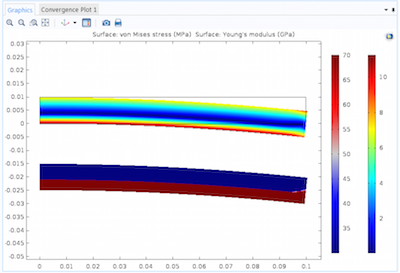
Part 2: Obtaining Material Data for Structural Mechanics from Measurements
Learn how to use nonlinear elastic and elastoplastic materials, as well as a method for using your measured data directly in COMSOL Multiphysics®. Part 2 of a series on hyperelastic materials.
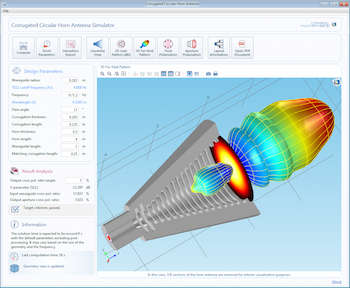
How to Create a Simulation App: Horn Antenna Demo
Get a comprehensive overview of what a simulation app is. We use the Corrugated Circular Horn Antenna Simulator demo app to demonstrate some of apps’ many benefits.
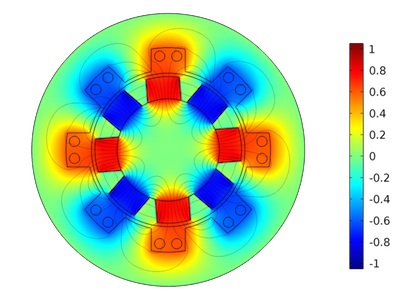
How to Model Rotating Machinery in 3D
There are many different types of electrical machines, but rotating machines like generators and motors play a major role in our modern industrial society. Learn how to model these systems in 3D.
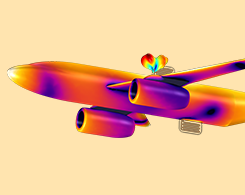
Simulating Antenna Crosstalk on an Airplane
The last airplane you flew aboard most likely had multiple antennas on its fuselage. This creates crosstalk between antennas that can disturb the operation of the aircraft. RF simulation can help.
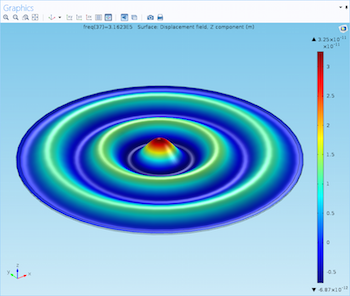
Using Deformations to Visualize Physical Motion
Postprocessing and visualization can help enhance your understanding of simulation results, and using plots to illustrate physical motion allows you to put everything into perspective.
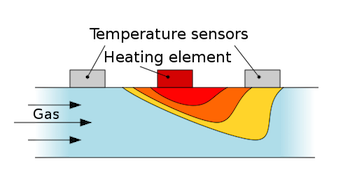
Describing the Behavior of a Thermal Mass Flow Sensor
Researchers from the University of Cambridge analyzed the dynamics of a thermal flow sensor, a component of a flowmeter, with a 3D model. Get the full story >>

COMSOL Presents at the Automotive R&D Trends Conference
At the 7th annual Conference on Automotive R&D Trends in Chennai, India, COMSOL and Mahindra & Mahindra joined forces to discuss the role of simulation in automotive R&D. See highlights.
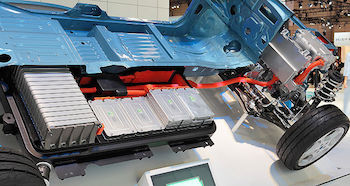
Do Hybrid and Electric Vehicles Have the Pulling Power?
Designers of hybrid and electric vehicles need to have a good understanding of how the car’s lithium-ion battery operates to ensure both performance and safety.
